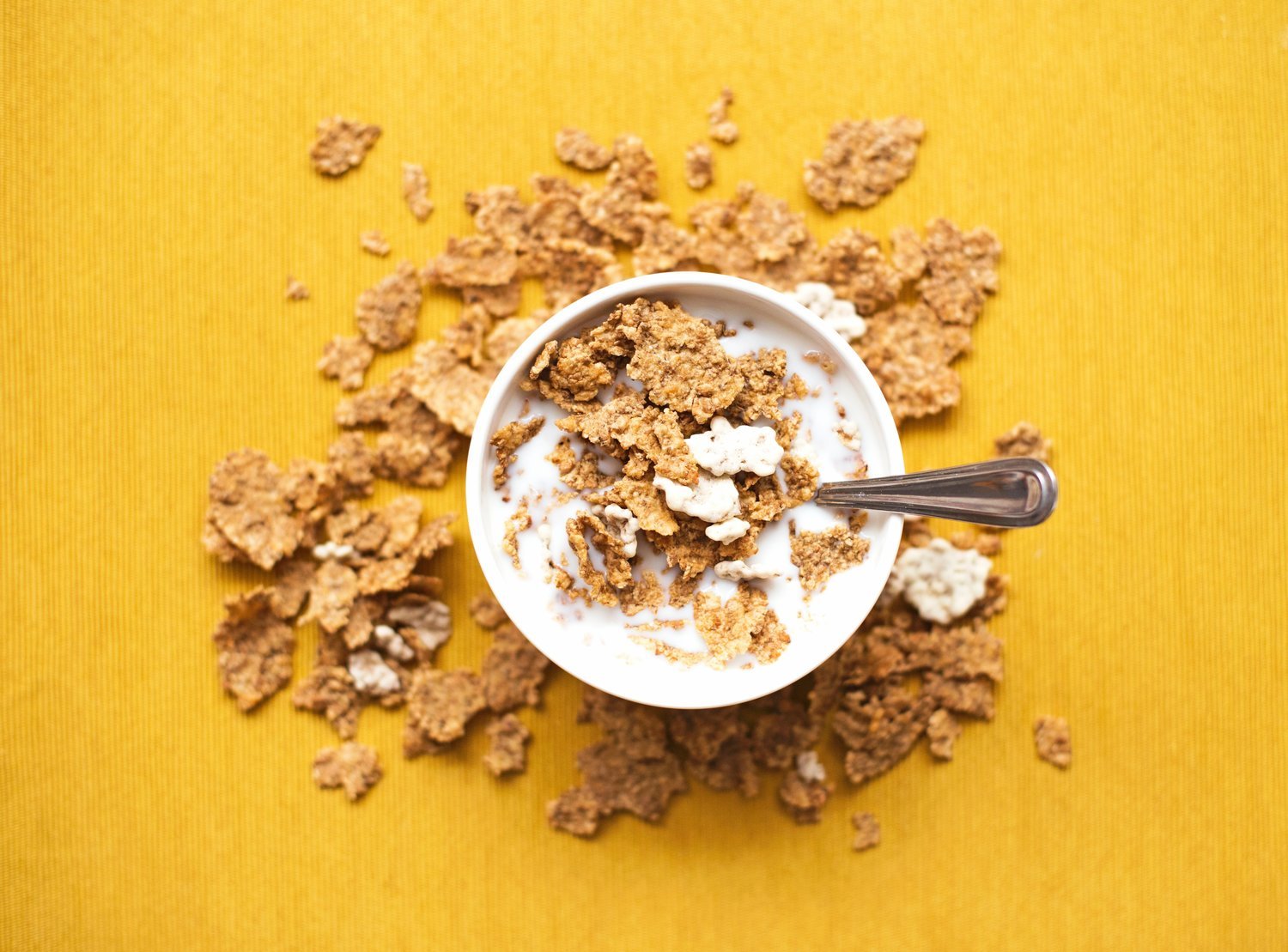Vitamin D for Depression
Vitamin D deficiency is quite common today. We spend much of our days inside, particularly those living in urban environments, and when we do go outside, we shield ourselves from the sun with clothing, hats, and sunscreen. Fruits and vegetables today are also less nutrient dense than they were even 60 years ago, so any vitamin D we are getting from food sources is also lower. According to the CDC, at least one fourth of the US population is Vitamin D deficient.
This is especially concerning as research has linked low levels of Vitamin D with a number of health conditions, including obesity, diabetes, cardiovascular disease, autoimmune disease, osteoporosis and cancer. And several studies have recently associated deficiency in Vitamin D with certain mental health conditions, depression being the most prominent.
Depression is a very common condition, affecting at least 10% of the American population, with 1 in 3 of those cases being severe. Depression is biological and has a strong genetic characteristic; however, it also has a number of triggers, such as the death of a loved one, major life changes, physical illness, alcohol or drugs, traumatic experiences, and relationship problems.
Vitamin D levels can become depleted without enough sunshine, especially during the winter months when we tend to stay indoors and the sun is less intense. We also see a spike in Seasonal Affective Disorder (SAD) during the winter season. SAD is a condition commonly experienced in the winter where individuals experience a much lower mood than during the rest of the year, possibly in part due to lower levels of Vitamin D in their blood.
Several studies have found that low levels of Vitamin D produce more symptoms of depression, and that higher blood levels of Vitamin D correlate with better mood. In one example, researchers at the Department of Psychiatry and Behavioral Neurosciences at St Joseph's Hospital in Hamilton, Ontario reviewed 14 studies, consisting of 31,424 participants and found a strong correlation between depression and low Vitamin D levels.
We have receptors for Vitamin D in our brains, and these receptors are found in the area of the brain linked to susceptibility to depression. Vitamin D may reduce the risk of depression by contributing to the production of serotonin, which regulates mood.
Vitamin D is a fat-soluble vitamin and steroid hormone precursor. It is commonly known as the ‘sunshine vitamin’ since it is also produced endogenously when our skin is exposed to the sun’s ultraviolet rays. Even just 10-15 minutes a day unprotected in the sun for a person with a light skin tone will allow you to generate adequate Vitamin D, for a person with a very dark skin tone the time in the sun may be over an hour or close to 2 hours to generate a daily dose of vitamin D. However, factors like where you live, the season, time of day, cloud cover, skin color and smog will all affect how many International Units (IUs) of Vitamin D are generated. Plus, you need to be sure to expose the skin that is normally covered up in order to make a good amount of vitamin D. And since sun exposure increases your risk for skin cancer, very few people feel comfortable with this solution and dermatologists strongly discourage sun exposure.





Luckily, there are other ways we can get Vitamin D. It is present in the flesh of fatty, oil-rich fish like salmon, mackerel, tuna and herring, and in fortified foods, such as dairy products, orange juice, infant formula and cereals. The amount of vitamin D available in these foods is relatively low, however, so if you need additional Vitamin D, a supplement is likely the best option.
If you take an over the counter supplement, I recommend taking a supplement of vitamin D3 called cholecalciferol, which is the same vitamin D3 that your body produces. Vitamin D supplements can be found over the counter in just about every pharmacy and chemist; however, there is a high dose form, containing 50,000 IUs of vitamin D2, which can be obtained by a prescription and only needs to be taken once a week. Vitamin D2 is less potent than vitamin D3.
Achieving normal levels of Vitamin D could potentially make a big difference in your overall mood and risk for developing depression, anxiety or other psychiatric symptoms. Of course, any decision you make should be discussed first with your general doctor or psychiatrist. Vitamin D is safe when taken at reasonable doses as a supplement and adverse side effects at doses under 7000 IU per day are unlikely.
While Vitamin D would only be one component of a larger treatment plan for depression, it may help and it won’t make your symptoms any worse. If, however, you take mega doses of Vitamin D, such as more than 10,000 IUs per day, you may experience Vitamin D toxicity and symptoms such as, weakness, fatigue, sleepiness, headache, loss of appetite, dry mouth, metallic taste, nausea, and vomiting. Vitamin D toxicity is quite rare, but could happen so better to keep the dose of vitamin D reasonable and to check blood levels of vitamin D after starting a supplement to adjust the dose.
Although vitamin D can be sourced from a few foods - not to mention its availability from the sun - the best way to ensure you receive your required daily dose in the fight against symptoms of depression is through a daily supplement. It is a good idea to check your Vitamin D levels, even if you are not currently experiencing depression, as a preventative measure and to make sure that you are getting enough for overall optimal health. If you would like more information or guidance, reach out and make an appointment with one of our psychiatric nurse practitioners, Natasha Felton and Kathleen Fentress Tripp, who can suggest lab work and discuss ways to optimize your Vitamin D levels for optimal physical and mental health.



